1. Swear and laugh!
Well swearing not compulsory of course !… but there is a serious point. Several years ago, my business partner Jason Anker MBE said he had an issue he wanted to talk through. Having achieved a lot of success over decades with a talk based on ‘take 5 seconds, step back – think … those five seconds might save your life’ he said his problem was that he did just that but then tried to climb the ladder anyway. The answer to the follow up question ‘why?’ became a joke slide based on our ‘Fatalism and Intolerance of situational, individual and societal stressors’ index. Or the F I index for short … because Jason, tired, hungover, fatalistic, disengaged from a job he didn’t much like says that the last thing he thought before be fell was ‘F I…’.
To our surprise organisations took that joke slide and began using it as a tool box talk, said it worked a treat, and we now include if in human error training courses – with every organisation saying it works really well. It was a joke that took on a life of its own and, retrofitting the underpinning psychology, we realised that when we’re having a bad day we are not thinking ‘goodness and bother I’m really not having a good day today’ we’re thinking something much more earthy. Using the language actually in our heads is of course much more likely to resonate with us…
And if we can be made to laugh at the same time then we really can connect with people. A shared laugh is the very fastest way to connect with another person because it confirms you both ‘get it’. When you’re in a bad place you really want someone to ‘get it’.
2. Remember the law of “I’m fine” and ask twice.
In the west, and especially for men of a certain age the answer to the question ‘how are you?’ has to be, by law, ‘I’m fine thank you – how are you?’ Taking that at face value and walking on is certainly convenient but you may well be walking away from someone really struggling. So, ask twice… but second time ask properly. This might be a little later and/or in a better location and/or at a more convenient time – or it might be straight away. But if you pay attention to the first, automatic answer, you may notice something about their body language or tone that lets you know everything isn’t fine…
We don’t get a ‘culture of care’ because posters around the organisation boast that we have one. We build a culture of care one conversation at a time…
3. Assume that to a great extent safety is a sub set of wellbeing and mental health.
Five years ago this would have been considered a hugely controversial paragraph but it simply isn’t any more. People who are struggling and/or disengaged are more likely to be fatalistic – so less likely to be working the Heinrich principle of pro-actively determining how much luck they might need; are more likely to be distracted – so lower is situational awareness and more likely to be making bad decisions and having bad interactions – so creating risk and missing chances to mitigate it.
So, don’t demand people to be switched on and engaged, don’t even encourage them to be switched on and engaged … facilitate it.
Written by Dr Tim Marsh
If you want to hear more from Dr Tim Marsh he will be speaking at our next event The SHE Show North South, Tuesday 11th July 2023, DoubleTree by Hilton, MK Dons Stadium, Milton Keynes.
Dr Tim Marsh, Anker and Marsh
Tim’s first work as a qualified psychologist was looking at soldier suicide in the UK army. His recent work in mental health and wellbeing means that his career has come full circle 30 years later.
Following this he was one of the team leaders of the original UK research into behavioural safety (in construction) in the early 1990s He is considered a world authority on the subject of behavioural safety, safety leadership and organisational culture, was awarded a “President’s Commendation” in 2008 by the International Institute of Risk and Safety Management and was selected to be their first ever ‘Specialist Fellow’ in 2010. He was made visiting Professor at Plymouth University in 2015.
He has given key note talks around the world including the closing key note at the inaugural Campbell Institute ‘International Thought Leaders’ conference (Dallas, USA, 2014 as well as key note talks at major conferences in South Africa, New Zealand, Asia, India and the Middle East. In 2016 he was the key note speaker at the inaugural NEBOSH Alumni event.
Founder of Ryder Marsh Safety he has worked commercially with more than 500 major organisations around the world, including many international oil and gas, utility, chemical, transport, IT and manufacturing organisations as well as the European Space Agency, the BBC, the National Theatre and Sky. Founded Anker & Marsh in 2018 with Jason Anker to focus more closely on wellbeing and mental health issues.
His work as an expert witness includes the Cullen Inquiry into the Ladbroke Grove train crash (Definition of Culture; Changing Culture) as well as with many law firms.
He has worked with media such as the BBC (radio work and selecting and fronting a box set of their “disaster” series) and has written and produced many training videos such as “Drive Smarter” and the extensive “Safety Leadership” series with Baker-media and ‘Crash Course’ (a commercial spin off of the Staffordshire Police speed and safe driving awareness course). He features in “There’s Always a Reason” and “Safety Watch”.
He has written dozens of magazine articles, many academic articles and the books “Affective Safety Management”, “Talking Safety”, “Total Safety Culture”, “Safety Savvy”, “A Definitive Guide to Behavioural Safety” and “A Handbook of Organised Wellbeing”.
“Talking Health Safety and Wellbeing – Building an Empowering Culture in a Post Covid World” published in October 2021.
Please note, the views expressed by the original article author are theirs alone and do not necessarily represent those of Washingtondowling Associates Ltd or The SHE Show and therefore we take no responsibility for the content or accuracy of this post.




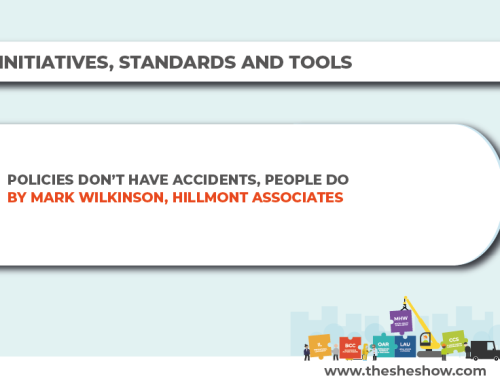



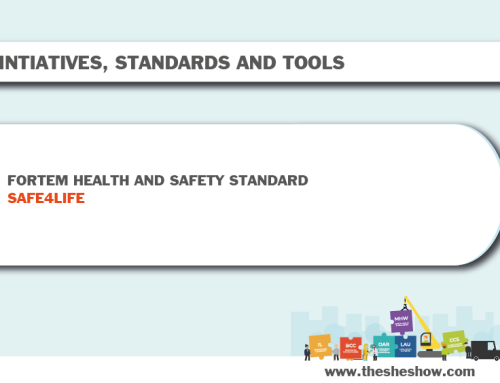

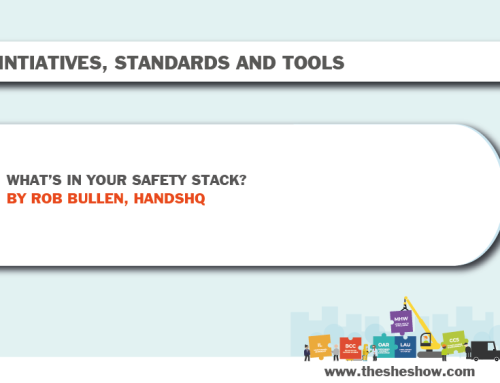
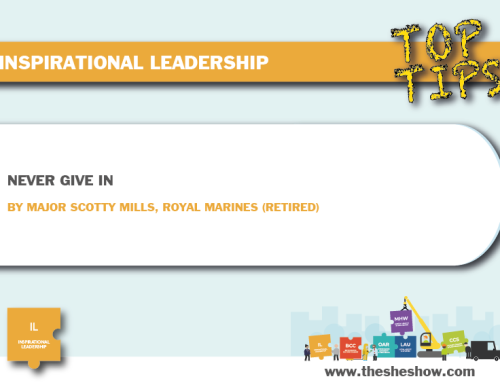

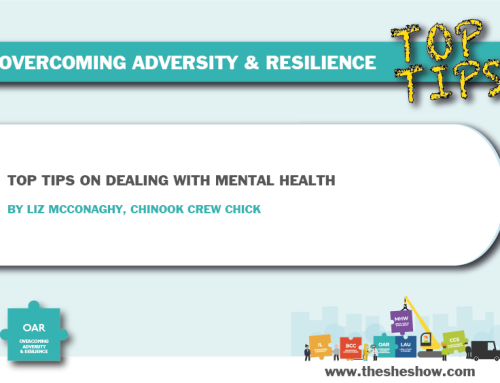
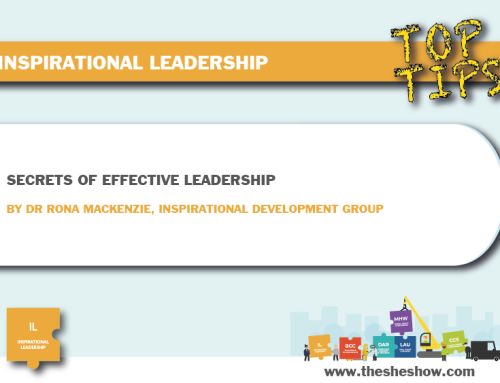
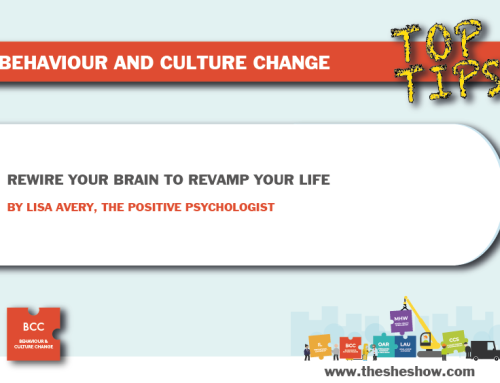
Leave A Comment